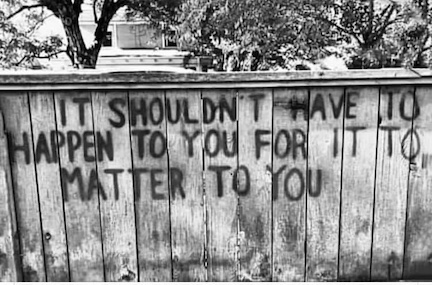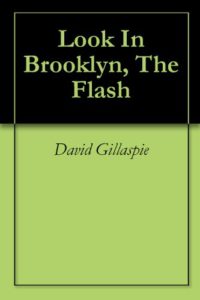My youngest niece is starting a health blog.
During her cancer treatment she posted updates and concerns for others to heed.
She was inspiring, an inspiration for others to take care of themselves.
It’s good to have another blogger in the group.
If she asks her Uncle David for advice, this is what I’d say:
Collect all pertinent writing and organize it on a timeline.
Start by writing posts in a chronological order.
In each post include what you wish you’d known at the time. It’s a memoir writing trick to produce a sense of time.
Instead of writing in large block paragraphs, try one sentence at a time.
People like easy reading from the first glance, and large blocks of text puts some people off.
Those might be the people who most need a message of hope and perseverance.
I started reading Ernest Hemingway’s Under Kilimanjaro and stopped with too many pages that looked like this:
“The sun was not up but that was because of the flank of the mountain it had to rise over and the light was gray but good and Ngui and I were walking through the grass that was wet from the dew. He walked ahead because he knew where the bait had been hung and I watched the trees and his back and the trail his black legs made through the wetness of the grass. We walked silently and the cold wet of the new knee-high grass against my legs was cold and pleasant. Ngui carried the old Winchester pump gun and I carried the Springfield and the only noise that I heard from myself was the light slopping of the tea in my stomach.”
―Under Kilimanjaro by Ernest Hemingway
For a writer known for brevity, he likes long paragraphs?
Writing Fan For Life
From the usual undergrad writing in WR121 and WR323, to classes in play writing, poetry writing, novel writing, news writing, screenplay writing, and the rest, I discovered the beauty of single sentence paragraphs.
Wiliam Faulkner helped with his world record, at the time, sentence that ran for 1288 words.
You can click here to read it, or try reading it.
Just exactly like Father if Father had known as much about it the night before I went out there as he did the day after I came back thinking Mad impotent old man who realized at last that there must be some limit even to the capabilities of a demon for doing harm, who must have seen his situation as that of the show girl, the pony, who realizes that the principal tune she prances to comes not from horn and fiddle and drum but from a clock and calendar, must have seen himself as the old wornout cannon which realizes that it can deliver just one more fierce shot and crumble to dust in its own furious blast and recoil, who looked about upon the scene which was still within his scope and compass and saw son gone, vanished, more insuperable to him now than if the son were dead since now (if the son still lived) his name would be different and those to call him by it strangers and whatever dragon’s outcropping of Sutpen blood the son might sow on the body of whatever strange woman would therefore carry on the tradition, accomplish the hereditary evil and harm under another name and upon and among people who will never have heard the right one;
That’s about a fifth of it to the first semi-colon. It would make a bad post in a health blog.
It’s not a good look for online writing where people’s focus can be everywhere and anywhere on a screen.
You don’t have the luxury of reeling them in with the writing gymnastics needed for huge blocks of print.
In other words, no one else is Faulkner, only Faulkner.
I’ve had a good time with writing heroes born around the turn of the 20th century like Hemingway, Faulkner, Thomas Wolfe, and John Steinbeck.
My favorite and lasting guy is F. Scott Fitzgerald.
I stayed at a place in North Carolina where Fitzgerald stayed while his wife was getting treatment for what ailed her.
I went to the bar and ordered a gin and tonic with a toast to Scotty.
The bartender said he was there during Prohibition, so no gin. Shoot.
Swathed in an alcoholic haze, Fitzgerald turned 40 at Grove Park, broke his shoulder in a bad dive, slipped in the bathroom and was found on the floor the next morning.
Hoping to elevate his reputation, he let a New York Post reporter pay a visit.
The newspaperman portrayed him as a lost soul of the Jazz Age.
He was depicted as a “very broken man, who’s physically feeble and mentally very pathetic and reaching to the highboy to have a drink — with a nurse on hand to watch him constantly because he had fired off a gun here in the hotel that same summer in ’36.”
Shades of Hunter Thompson with the gun fire.
You don’t need to shoot guns indoors to be a writer, or drink a gallon of gin.





